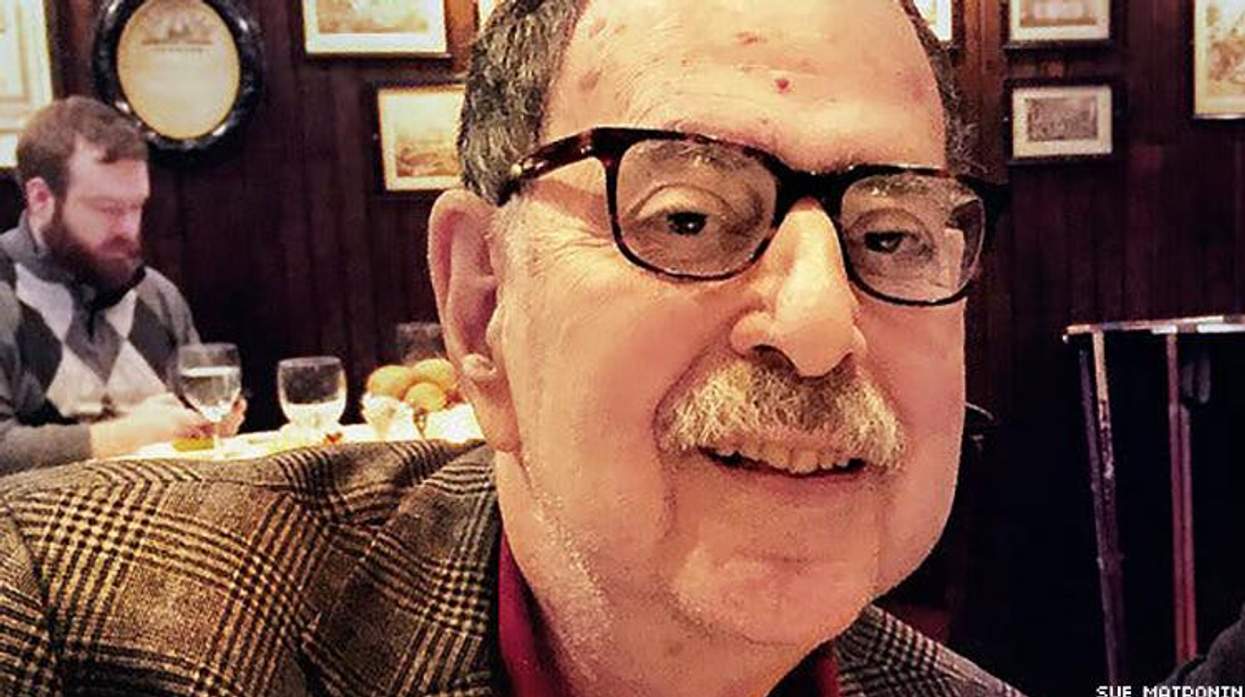Richard Friedman, a psychoanalyst who countered negative ideas about homosexuality in his book Male Homosexuality: A Contemporary Psychoanalytic Perspective, has died at age 79.
Friedman died March 31 at his home in New York City, but The New York Times published an obituary of him just this week. The immediate cause of death was not clear, his widow told the Times, but Friedman had several health issues, including cardiac and metabolic problems.
The American Psychiatric Association had removed homosexuality from its list of mental disorders in 1973, but for years afterward many therapists considered it an illness that needed treatment. Friedman, although he was not gay, objected to this. "I felt an ethical obligation to find the reasons for anti-homosexual prejudice," he once said, according to the Times.
His wife, social worker and professor Susan Matorin, elaborated on this, saying, "Straight people had the same personality issues, and they got away with murder, but gay people were stigmatized, and he didn't think that was right."
Male Homosexuality, published in 1988, made a case that homosexuality was based in biology, not the environment in which a child grew up. Friedman drew on studies of identical twins as well as theories of developmental psychology, the Times notes.
"It was a direct challenge to popular Freudian theories and thrust him into the center of debates among the more established heavyweights of psychoanalysis," the Times reports. "It led to a model in which analyst and patient simply assumed that homosexuality was intrinsic."
Friedman wrote other books and articles on sexuality, often collaborating with Jennifer Downey, a Manhattan psychiatrist and Columbia University professor. He was also known for a study he did on sleep deprivation's negative effect on medical interns' performance, which led to changes in training.
While serving in the U.S. Army Medical Corps, he treated traumatized Vietnam vets at William Beaumont Army Medical Center in El Paso, Texas. He later became a clinical professor of psychiatry at Weill Cornell Medical College and a faculty member at Columbia.
Outside of his professional achievements, he was known for his love of history, music, theater, and pro basketball's New York Knicks, and he always carried a copy of the U.S. Constitution, the Times reports.
He also maintained a private practice in psychoanalysis, and his clients included Andrew Solomon, the gay man who wrote the National Book Award-winner The Noonday Demon: An Atlas of Depression. Solomon credited Friedman with making him see that gay people could form lasting relationships, have families, and have successful careers. "What was most striking was just his confidence and clarity," Solomon told the Times.




































































Charlie Kirk DID say stoning gay people was the 'perfect law' — and these other heinous quotes